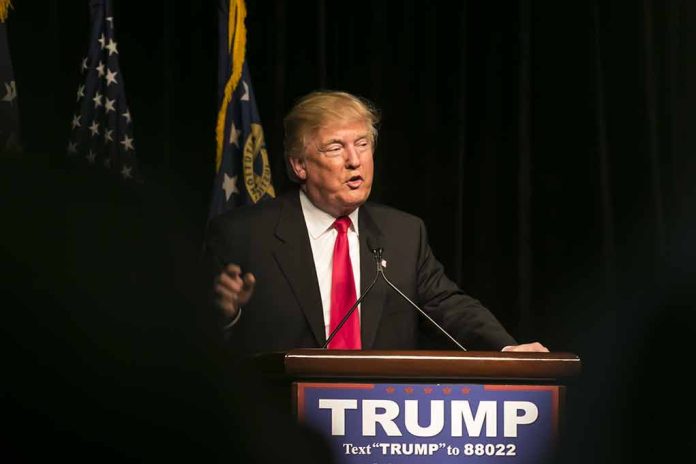
President Trump signed a new executive order aimed at lowering Medicare drug prices, but some healthcare experts claim certain provisions could actually increase costs for the program and its beneficiaries.
Key Takeaways
- Trump’s executive order aims to expand Medicare drug price negotiations and allow states to import medications from Canada.
- The administration claims its approach will deliver greater savings than the Biden administration’s Inflation Reduction Act provisions.
- Some aspects of the order could potentially delay the timeline for certain drugs to become eligible for Medicare price cuts.
- The policy instructs HHS Secretary Robert F. Kennedy Jr. to address imbalances between small molecule drugs and biologics in the negotiation program.
- Lower Medicare prices from Trump’s modifications would take effect in 2027, a year after the Biden administration’s negotiated prices.
Executive Order Details and Timeline
President Trump recently signed an executive order focused on reducing prescription drug prices for Medicare beneficiaries. The order builds upon the Medicare drug price negotiation program established by the Inflation Reduction Act of 2022, but with significant modifications. Under the current program initiated during the Biden administration, Medicare has already negotiated prices for 10 drugs in 2024, with an additional 15 medications slated for negotiation this year. However, the impact of those negotiations won’t be felt by seniors until 2026, while Trump’s proposed changes would take effect in 2027.
The executive order directs several agencies to take action, including instructing the FDA to facilitate state drug importation programs from Canada and streamline approval processes for generic medications and biosimilars. Additionally, the order aims to revive a program providing low-cost insulin and epinephrine to low-income individuals. These measures reflect some of the less ambitious versions of policies proposed during Trump’s first term in office.
Potential Cost Impacts and Concerns
Despite the administration’s claims that the executive order will deliver lower prices to seniors, some healthcare policy experts have raised concerns about specific provisions that could potentially increase drug prices. One directive in particular could alter the 2022 law related to Medicare’s drug spending in ways that might delay the timetable for certain drugs to become eligible for Medicare price cuts. This restructuring could potentially lead to billions of dollars in increased Medicare drug spending compared to what would occur under the current law.
President Trump signed an Executive Order and announced actions to lower prescription drug prices:
-Deliver lower drug prices for Medicare
-Provide massive discounts to low-income patients for life-saving medications
-Facilitate importation programs to save states millions in… pic.twitter.com/qRf51KveWo— Libs of TikTok (@libsoftiktok) April 16, 2025
The order specifically addresses what the administration describes as an imbalance in the Medicare drug price negotiation program between small molecule drugs (traditional pharmaceuticals) and biologics (complex drugs made from living organisms). Health and Human Services Secretary Robert F. Kennedy Jr. has been instructed to work with Congress to address this imbalance. The executive order also suggests that any changes to the Medicare price negotiation program should include reforms to prevent increased costs to Medicare and its beneficiaries.
Additional Measures and Industry Impact
Beyond the negotiation program changes, the executive order seeks to align Medicare drug prices with hospital acquisition costs and payment across different care settings. The administration has emphasized that its approach will achieve greater savings than the previous administration’s implementation of the Inflation Reduction Act provisions. However, some analysts have noted that potential tariffs on imported pharmaceuticals, another policy under consideration by the administration, could increase consumer costs and partially offset savings from other initiatives.
The pharmaceutical industry has long opposed government price negotiations, arguing they would hamper innovation. The original negotiation program was approved by a Democratic-controlled Congress and supported by former President Biden as part of the broader Inflation Reduction Act. Trump’s modifications represent a significant shift in approach while maintaining the basic framework of Medicare leveraging its purchasing power to secure better prices for beneficiaries. As implementation moves forward, the actual impact on drug prices, Medicare spending, and beneficiary costs will become clearer.
Sources:
Trump Seeks to Lower Drug Prices Through Medicare and Some Imports
Trump signs healthcare executive order that includes a win for pharma companies
Trump signs executive action to lower drug prices



